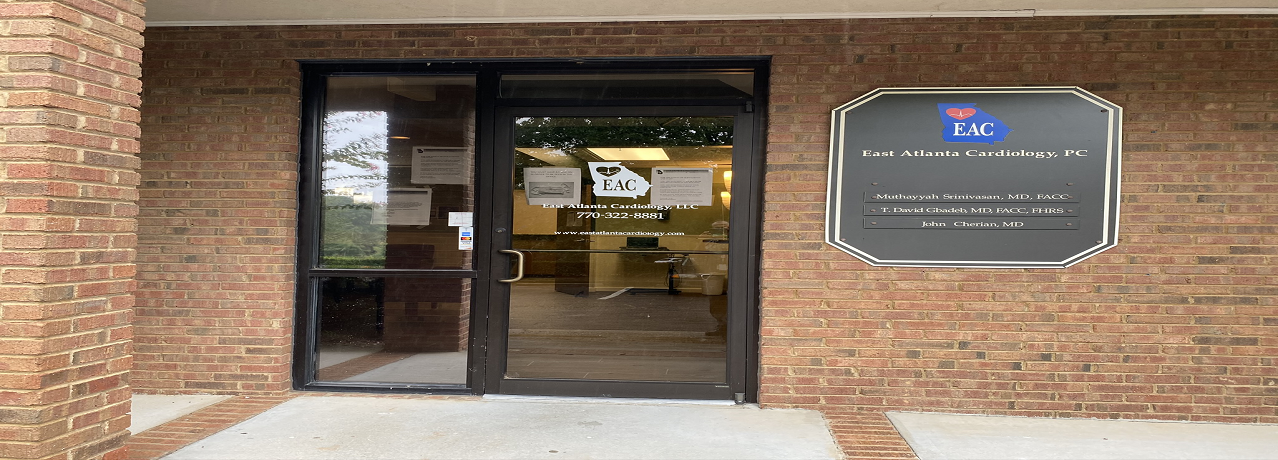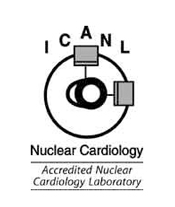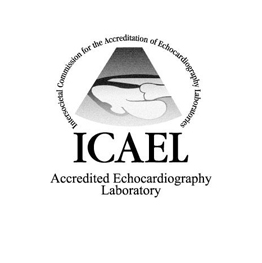
OUR TECHNOLOGY
Excellence in Cardiovascular Care
IMPLANTABLE CARDIOVERTER DEFIBRILLATOR (ICD)
What is it?
An ICD is a mechanical device that is placed just under the skin on a person's chest that treats life threatening heart rhythms. When these heart rhythms occur, the heart does not produce strong enough contractions to circulate the blood in the body to the vital organs, including the brain and the heart itself. A person can pass out and possibly die. These devices are placed in people who have experienced life threatening arrhythmias, heart failure, or have a genetic form of heart disease that can cause sudden death.
How Does it Work?
An ICD is composed of a generator and one or more electrode leads. The generator itself contains a battery and electrical elements that are able to sense dangerous arrhythmias. The generator is placed just beneath the skin on the chest and the electrode leads are connected to your heart chambers. When the heart goes into a dangerous rhythm, such as ventricular fibrillation or ventricular tachycardia, it will release an electrical impulse that will help restore the heart to its natural rhythm.
What Should I Expect Afterward?
After having an ICD placed, you will be admitted to the hospital for an overnight stay so that you can be monitored. When you leave, you should not lift anything heavy and you should avoid strenuous arm movements or reaching above your head for the first few weeks. An antibiotic will be prescribed to prevent infection. You should not get the bandage wet and be very careful when you bathe until you are cleared by the Doctor. A follow up appointment should be made after 1 week, at which time your physician will remove your dressing and assess your surgery site. Your ICD will also be checked to make sure it is working properly as well. Once you are cleared by the physician, you will be asked to make follow up appointments every 3 to 6 months to check your ICD function.
When to Call the Doctor?
Call the Doctor if any of the following occur after having an ICD placed:
1. You see redness, excessive swelling, or drainage around the ICD site
2. You develop a fever or chills
3. You notice the edges of your incision start to come apart
4. You feel chest pain, shortness of breath, or you feel your ICD go off





